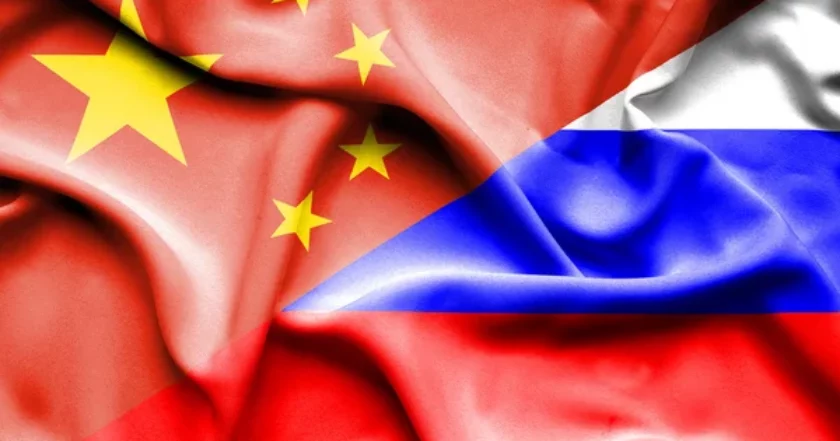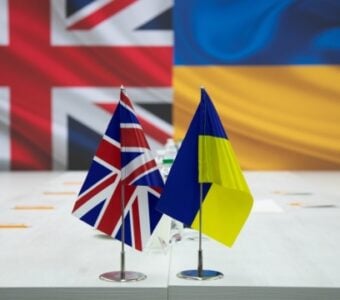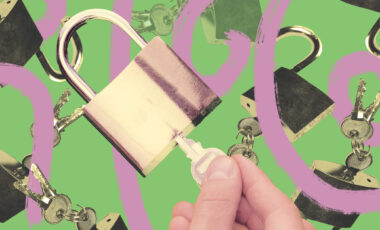China supports Russia in legalizing annexation of Ukrainian territories – ISW

Photo: depositphotos
Dmitry Medvedev met with Chinese President Xi Jinping in Beijing on Thursday, December 12. Once again, the Russian side voiced its ultimatums to Ukraine during the negotiations, and China provided a platform for their dissemination, including under the guise of calls for peace.
The Institute for the Study of War (ISW) reported that.
Analysts from the Institute for the Study of War noted in their report for December 12 that Xi continues to support the Kremlin's rhetoric, which justifies aggression against Ukraine and calls for Ukraine's surrender.
During the negotiations, Xi reiterated China's standard position on the war in Ukraine, calling for "de-escalation" and promoting the China-Brazilian Friends of Peace initiative, which, in fact, supports Russia.
Medvedev, in turn, stated that Russia is ready for negotiations with Ukraine, but only on condition that the Ukrainian government recognizes the "realities on the ground"—that is, de facto surrenders to Russia.
"Medvedev explicitly invoked Russian President Vladimir Putin's June 14, 2024, speech at the Russian Ministry of Foreign Affairs (MFA), wherein Putin stated that Ukrainian forces must "completely withdraw" from Ukrainian-controlled territory in the Donetsk, Luhansk, Zaporizhzhia, and Kherson regions before Russia would agree to enter into negotiations.
Russia's version of "negotiations" that take into account the "realities on the ground" call for Ukraine to surrender nearly 20 percent of its territory and millions of its people living under Russian occupation," ISW experts note.
Key findings:
- Russia has reportedly reached an agreement with select elements of the Syrian opposition about control over Russian military bases in Syria. Still, it remains unclear if the alleged agreement ensures the security of Russia's bases in Syria in the long term.
- Russia is reportedly moving four ships from Russian ports to Syria, possibly to facilitate evacuations — further demonstrating the Kremlin's current cautious response to the developing situation in Syria.
- Ukrainian officials denied Hungarian Prime Minister Viktor Orban's claim that Ukraine rejected his offer to mediate a Christmas ceasefire and a large-scale prisoner of war (POW) exchange with Russia.
- People's Republic of China (PRC) President Xi Jinping continues to provide Kremlin officials with a platform to articulate their uncompromising demands on Ukrainian sovereignty.
- India continues to preserve and enhance its economic relations with Russia despite recent efforts to reduce its reliance on Russia as a security partner.
- Russian authorities are set to equate the violation of Russian censorship laws with extremism and terrorism, furthering the Kremlin's effort to establish a pseudo-state ideology.
- Russian President Vladimir Putin awarded the Russian "Golden Star" Medal to a military correspondent for the first time since World War II. The Kremlin continues to use state awards to co-opt military bloggers and gain control over the Russian information space.
- Actors affiliated with Ukraine's Main Military Intelligence Directorate (GUR) likely assassinated the Deputy General Designer and Functional Software Department Head of the Russian Rosatom-owned "Mars" design bureau Mikhail Shatsky in Russia on December 12.
- Russian forces recently advanced in the main Ukrainian salient in the Kursk region and the Chasiv Yar, Pokrovsk, and Kurakhove fronts.
- Ukrainian forces recently regained lost positions near Svatove.
- The Russian military command's efforts to ensure operational security amongst Russian forces continue to draw ire from select military bloggers, who derided these efforts as disruptive overreach.
For reference:
Since the beginning of the Russian Federation's full-scale war against Ukraine, China has taken an allegedly neutral position. Officially, it has not condemned Moscow but has stated that it supports Ukraine's sovereignty. At the same time, Beijing continues to trade with Moscow, and Chinese companies sell some weapons to Russia.
China first released its "peace plan" for Ukraine, which received backlash. It has also proposed a peace conference concerning Ukraine, with the condition that representatives from Moscow must attend.
On November 15, it became known that China had, for the first time, supplied Russia with weapons for the war against Ukraine. In response, the European Union is considering imposing sanctions on China.
In late September, it was reported that a subsidiary of the Russian state arms company Almaz-Antey, called Kupol, had developed and tested a new long-range combat drone in China and wanted to establish mass production there for use in the war against Ukraine.






















































